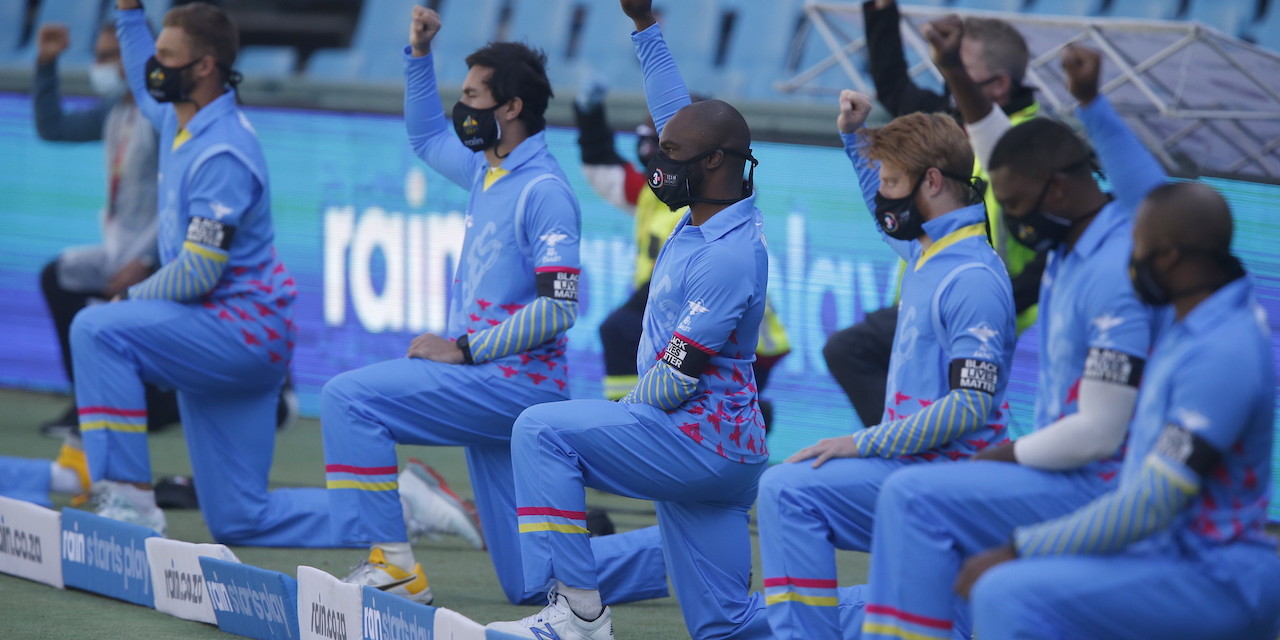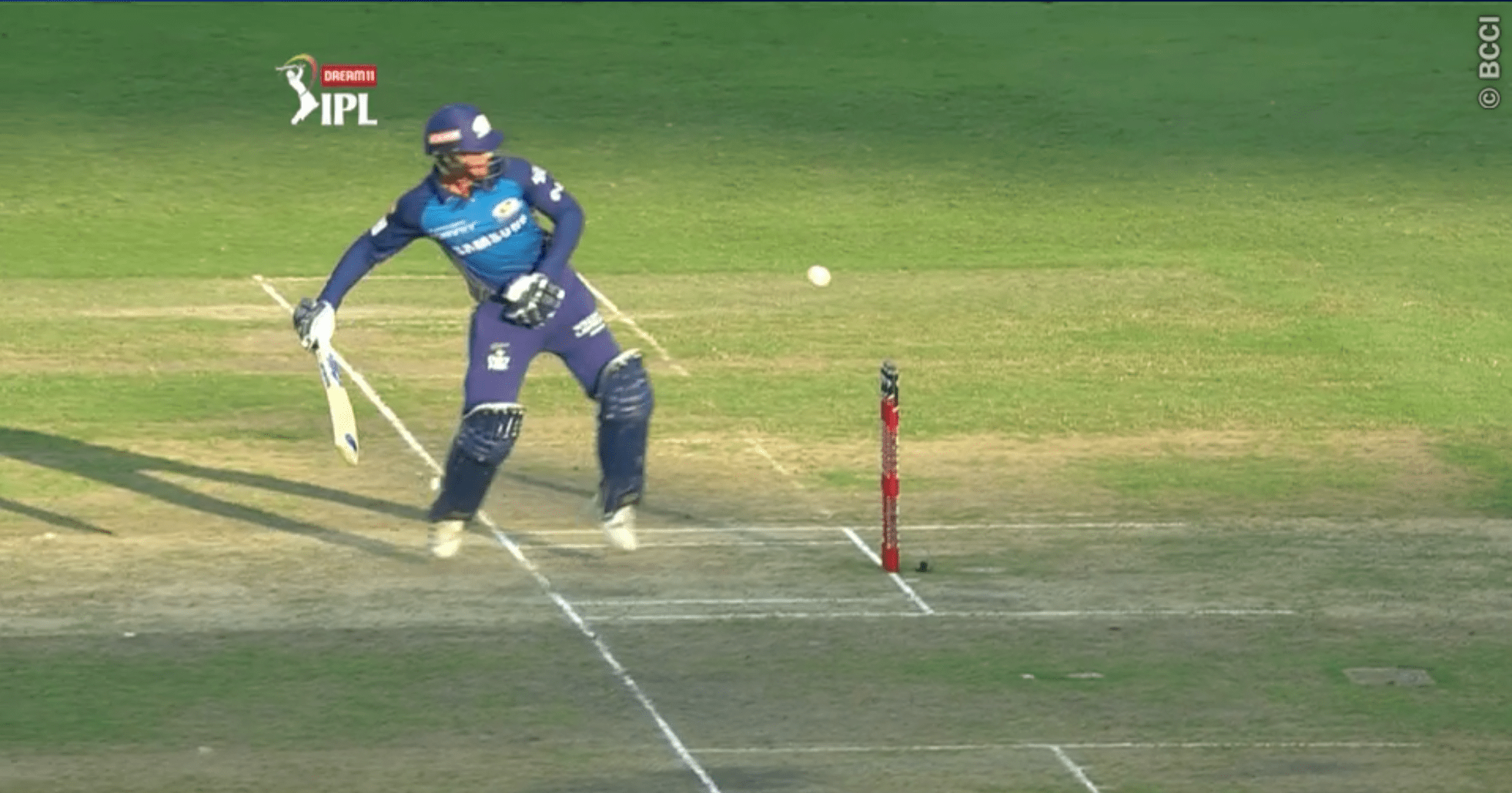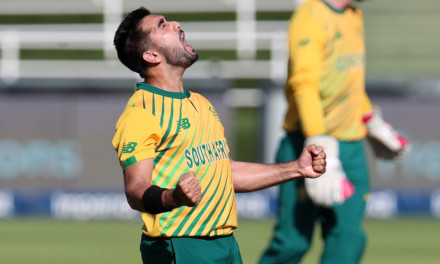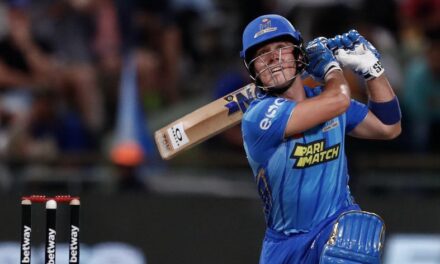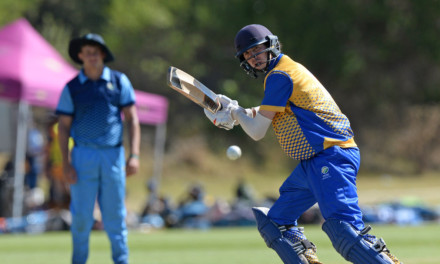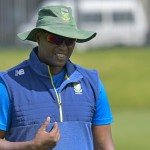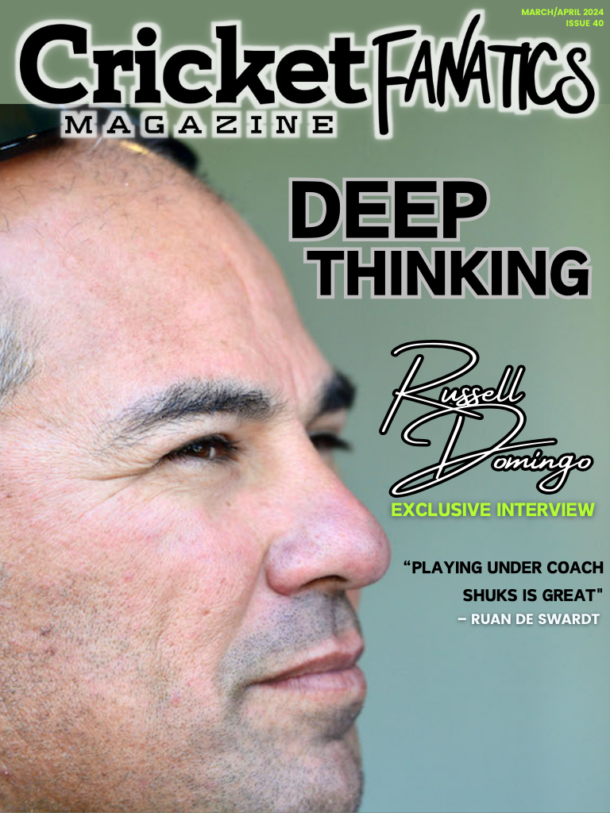Peter Hain and Andre Odendaal on the 2nd of December had an official launch of the book “Pitch Battles” and Obakeng Meletse summarises the major talking points from the webinar.
Francois Pienaar and his South African rugby team in 1995 beat the All Blacks 15-12 in a thrilling final that saw the Springboks win the Webb Ellis trophy for the first time ever in their history.
The All Blacks weren’t the only thing beaten on the day as then the late South African President Nelson Mandela and captain Pienaar were hand in hand raising the trophy, but a much bigger battle was won.
From left to right and in black and white the whole country was united as one and right there at that moment, the power of sport was witnessed by everyone all over the world. Only if we knew then that only a battle was won but the war to freedom in sport was only beginning.
As powerful as sports can be if deep underlying issues the country is facing are not cut open and addressed it will always be a case of one step forward and two back.
“There will be a black Springbok over my dead body.”- Dr Danie Craven, President of the South African Rugby Board.
Similar to rugby, cricket had and still has its own fair share of hurdles. The BLM movement has in a way opened up a vast array of issues and in a way got people to be more open and honest about exactly how they feel.
Peter Hain and Andre Odendaal on the 2nd of December had an official launch of the book “Pitch Battles. Pitch Battles explores the themes of sport, globalisation and resistance from the deep past to the present day.
Racism in South African sport continues to be the talking point and at a time when the Black Lives Matter movement is in full flow, the book will also touch on the issue.
South African speedster Lungi Ngidi was in the spotlight during the peak of the BLM movement and was criticised by some of the former South African cricketers who felt that not only black lives should matter but all lives matter.
“It’s a very necessary debate for us to have, and we tried to in the book. With BLM, we were very lucky because we were trying to explain how systemic racism developed in sport, and BLM broke out as we were writing the concluding pages and together with the pandemic that delayed our book by six months,” said Odendaal.
“But it enabled us to end it in a very relevant way, to say that this is a time to rethink, rethink how the world works after Covid-19 and also rethink how sport works and the tremendous shortcomings they had been in the decolonisation projects essentially.”
Hain added:
“What struck me about the contemporary debate, especially around cricket was the attitudes among some of the white cricketers haven’t changed, it’s as if people haven’t taken on the nature of change.”
International cricket in South Africa has been on hold since the pandemic reached its peak. England’s tour of South Africa was the first chance for the country to see where the national team stands on the issue of BLM and to much concern, the team decided against taking the knee, in a country with such a rich history of racial issues.
Some people are still finding it difficult to move on from the long term scars of the apartheid era.
When you cross the ocean to Europe one of the biggest leagues in the world has taken a stand and week in week out we see the English Premier League and everyone concerned going down.
“I would have thought the one set of sports people in the world who should have taken the knee would have been in South Africa, to send a signal to the rest of the world that they understand their apartheid history, I was very disappointed by that”, said Hain.
You can understand why one would be disappointed, quotas and transformation are at the fore and a burden to some of the players coming through, and the system as a whole.
“I’ve been involved in the Cricket South Africa transformation projects for a long time. I think the bottom line is that without targeted plans for change, plans that are systematic to bring about a reordering of sporting infrastructure and system, it won’t happen on its own. I’m in favour of setting goals and its more targets than strict quotas,” Odendaal explained when asked about his thoughts on transformation.
Photo: EPA/KIM LUDBROOK

